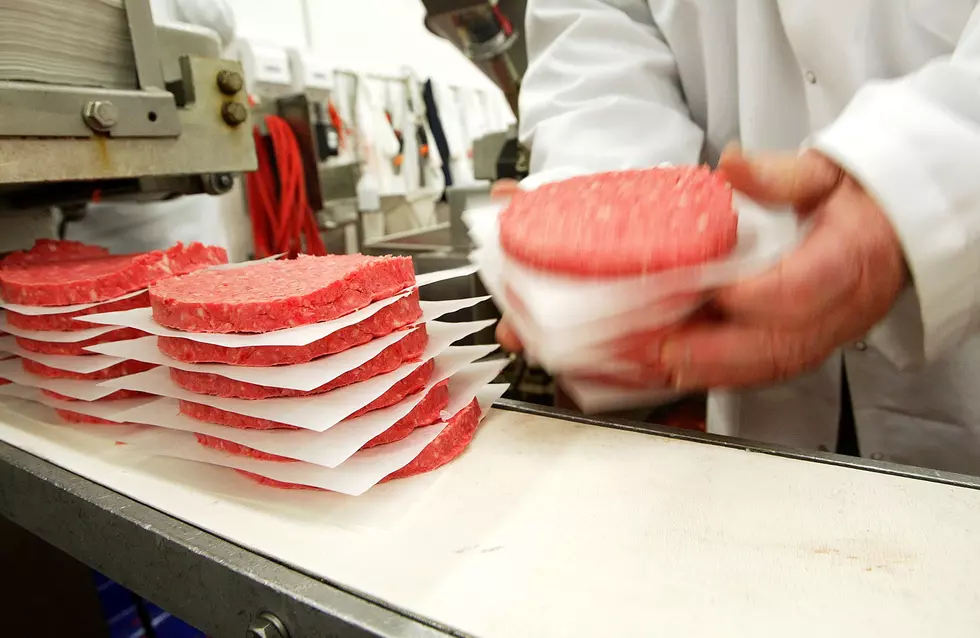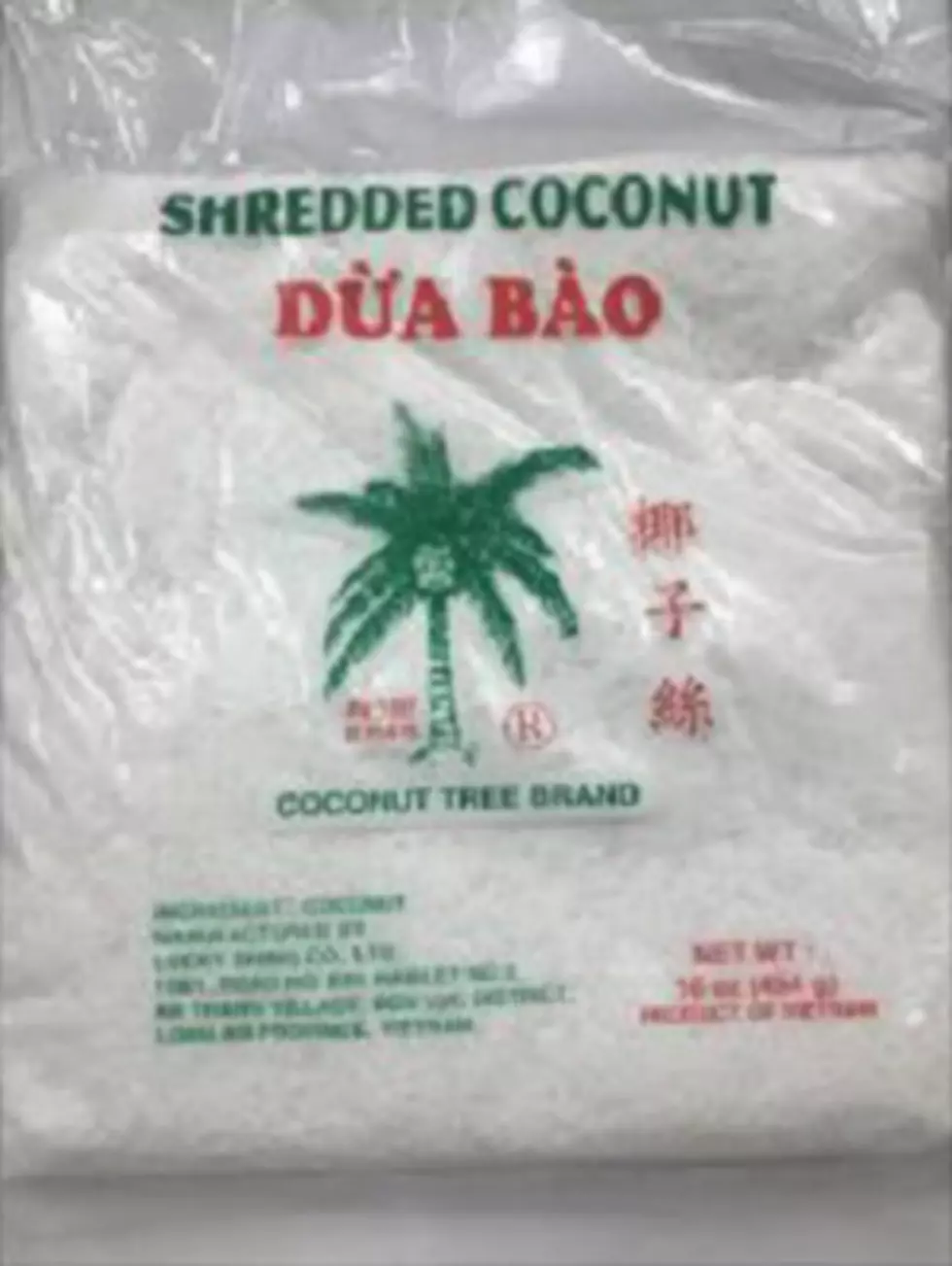
Salmonella Outbreak a Serious Reminder to Properly Handle, Cook Poultry
At least 56 cases in Washington linked to Foster Farms-produced chicken since last June
OLYMPIA - An outbreak of Salmonella illnesses linked to chicken in Washington and some other states is a reminder that all poultry products carry the risk of contamination. Preparing and cooking chicken properly makes it safe to eat.
Since last June, at least 56 people in Washington got sick due to a specific strain of Salmonella Heidelberg. This outbreak has been linked to chicken produced in Foster Farms plants in Washington and California. Fifteen people sickened in Washington were hospitalized; no deaths are known to be linked to this outbreak.
Salmonella is a common cause of foodborne illness, accounting for 600-800 reports of illness in Washington each year. There are many sources of Salmonella bacteria, but poultry is a common source. Salmonella in raw chicken is not limited to any one brand. The U.S. Department of Agriculture allows the sale of raw poultry that contains Salmonella, so the bacteria may be in all brands. In most cases of Salmonella illness, known as salmonellosis, a source is not identified.
Symptoms of Salmonella illness usually include diarrhea, fever and stomach cramps. The symptoms usually begin one to three days after exposure, and the illness usually lasts four to seven days.
Most people recover on their own without medical treatment. Some people do need medical care. Serious infections can occur, particularly in the very young, the elderly and in people who have a weakened immune system. People who have severe symptoms such as bloody or long-lasting diarrhea should contact their health care provider.
Each year, thousands of Washington residents become sick because of food that is prepared in an unsafe manner. Follow these precautions to help prevent food-borne illness from poultry:
· Keep raw poultry separate from other foods (especially fruits and vegetables) in your shopping cart, grocery bags, and refrigerator. Put poultry into a plastic bag to prevent drips that may contaminate other food.
· Be careful not to let drippings from poultry, packaging, cutting boards, or utensils, contaminate dishes or other surfaces in your kitchen. Cross-contamination can be a source of illness for anyone, even people who don’t eat poultry.
· Always wash your hands after handling poultry.
· Use warm water, soap and paper towels for hands and a mild bleach (1 teaspoon bleach per gallon of water) solution to sanitize utensils, cutting surfaces, and counter-tops.
· Keep raw poultry and anything it comes in contact with separated from other foods.
· Be sure poultry is thawed before cooking. Frozen or partially frozen meat is easy to under cook.
· Cook poultry to 165 degrees F.
More From News Talk KIT









